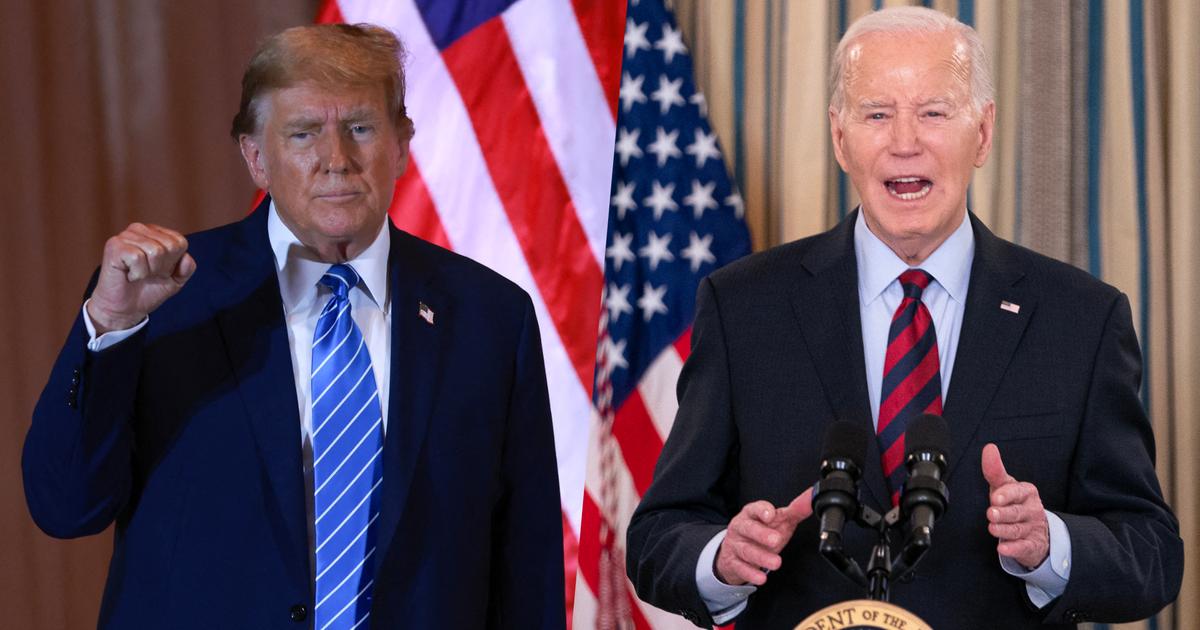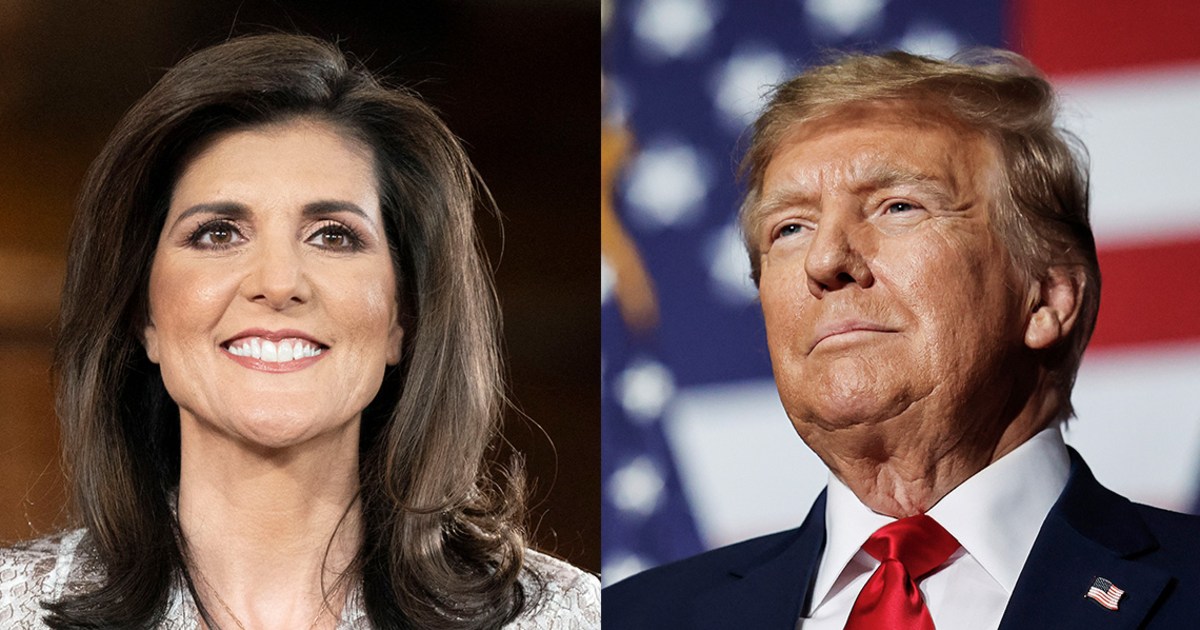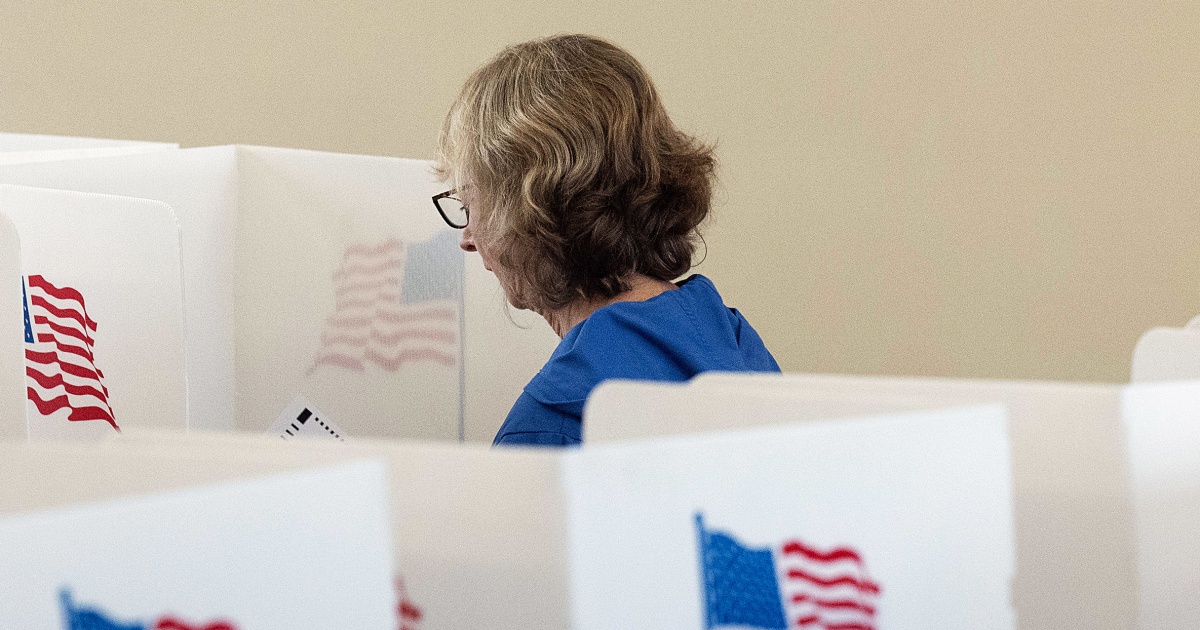The foyer of the Paul-Löbe-Haus - here in preparation for a special session in the summer of 2019, when the regular plenary hall in the Bundestag was not available
Photo: Michael Kappeler/ DPA
Few events celebrate democracy in this country as much as the election of the Federal President: Every five years, the Federal Assembly, the largest parliamentary assembly in the Federal Republic, meets to elect the head of state.
All members of the Bundestag are there, as well as an equally large number of representatives from the federal states, not only politicians, but also more or less prominent personalities from society, culture or sport.
But this year, the celebration of democracy for a total of 1,472 delegates threatens to become a cumbersome administrative act: Corona is paralyzing the Federal Assembly, which is scheduled to take place on February 13 - at a time when experts in Germany are expecting the peak of the omicron wave.
It was already known that the probable re-election of Frank-Walter Steinmeier would be moved from the plenary hall to the larger foyer of the neighboring Paul-Löbe-Haus due to the pandemic.
The Bundestag administration has now published further details on the process.
All five floors of the Paul-Löbe-Haus are to be used for the meeting, from the ground floor to the fourth floor.
In order to ensure social distancing, the delegates are spread over a large area on the ground floor and several meeting rooms, and they can follow each other's events on screens.
The delegates will not have a free choice of seats, wearing an FFP2 mask is mandatory.
According to a statement by the Bundestag, the entire Paul-Löbe-Haus will have “the status of a plenary hall”.
Journalists are not permitted, only 40 people for TV and photo shoots are allowed into the building alongside the delegates.
The vaccination status should not play a role at the entrance, confirmed a spokesman for the Bundestag.
Unvaccinated delegates are also allowed to participate.
The rule differs from the current 2G-plus model in the Bundestag: Only those who have been vaccinated and those who have recovered have access there, those who have not been vaccinated have to go to the stands.
However, all members of the Federal Assembly and all other people who are present in the Paul-Löbe-Haus on that day must be tested for a corona infection before access.
According to a spokesman, a test center with 14 test tracks will be set up specifically for this purpose on the lawn in front of the Reichstag building over the weekend.
Capacity: up to 650 tests per hour.
From Saturday afternoon, delegates can test themselves there for the Sunday meeting.
When delegates are absent due to quarantine
Several MPs are currently in domestic isolation - including the Green politician Ricarda Lang tested positive for Corona on Thursday.
It cannot be ruled out that there will also be a lack of delegates in the election in just over two weeks.
The rapid tests can also force members of the Federal Assembly into isolation at short notice.
more on the subject
Corona restrictions in the Bundestag: Does the 2G plus rule discriminate against unvaccinated MPs? An interview by Marc Röhlig
Provisions have been made for the failures: the countries have appointed substitute delegates who can step in at the election.
According to the Bundestag spokesman, at least 99 substitute members are on site in Berlin.
Overall, the quorum of the Federal Assembly is unlikely to be affected: it is guaranteed if more than half of the members are present.
How to choose
The meeting will be chaired by Bundestag President Bärbel Bas (SPD) and will begin at 12 noon.
In the first and second ballot, the candidate must achieve an absolute majority, i.e. at least 50 percent of the votes.
With a full cast, that would be 737 votes.
In the third ballot, a relative majority is sufficient.
The sticking point: the votes cannot be submitted digitally, they all have to be thrown into a ballot box on site.
A total of four delivery locations will be set up.
For election Sunday, this means that the 1,472 delegates have to walk around between the floors of the Paul Löbe Building at a distance.
Who is up for election
Federal President Frank-Walter Steinmeier is applying for a second term in office – the left has proposed the non-party doctor Gerhard Trabert and the AfD the CDU member Max Otte.
The fact that Otte accepted the nomination of the right-wing party caused a great deal of controversy in the Union – now he is leaving his post as head of the Values Union and the CDU has started a party exclusion process.
The Union itself supports the incumbent head of state alongside the traffic light parties SPD, FDP and Greens.
Steinmeier's re-election is therefore considered assured.
Among the prominent members of the Federal Assembly this year are the actress Denise M'Baye, the virologist Christian Drosten, the TV presenter Klaas Heufer-Umlauf, the pianist Igor Levit and the national soccer player Leon Goretzka.
Former Chancellor Angela Merkel will also attend.
An overview of all delegates can be found here.
with cte/srö









